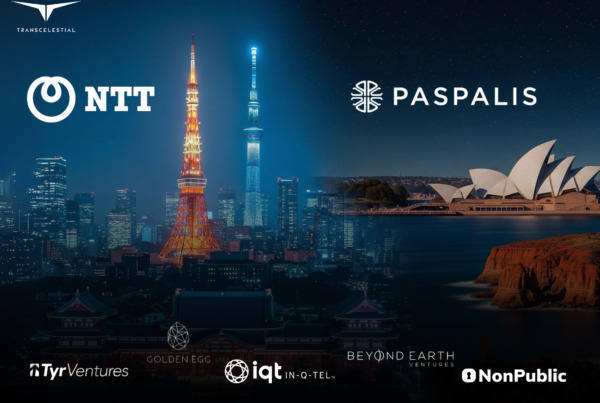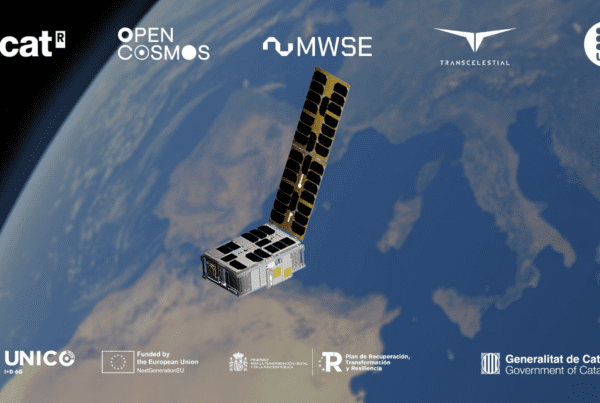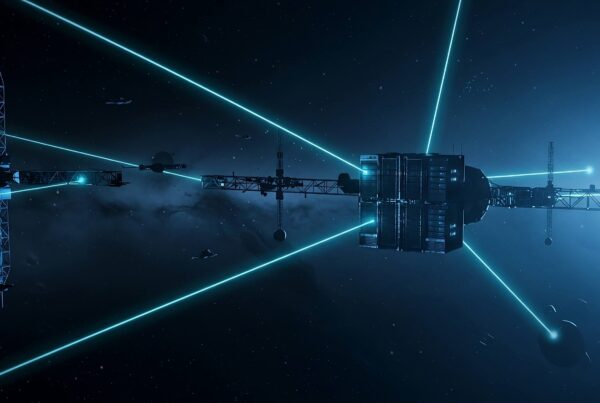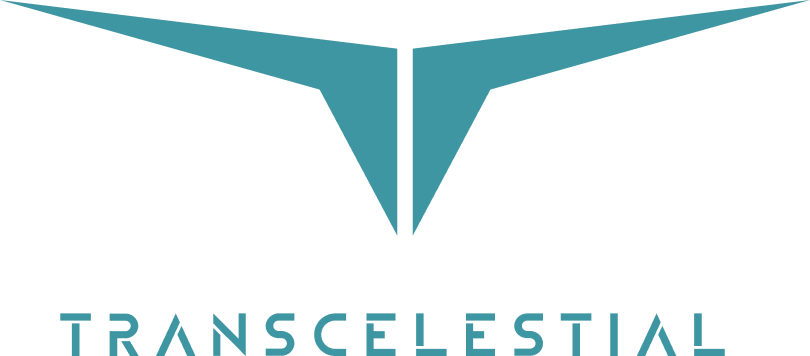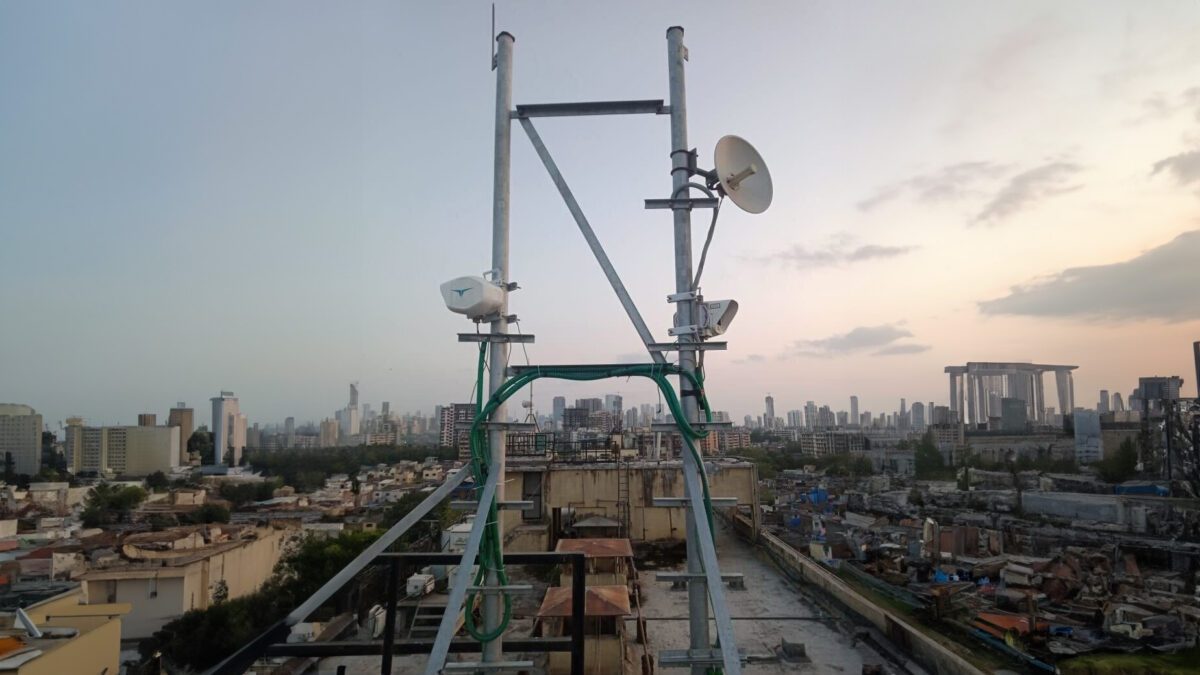
Transcelestial and Microscan, India’s leading Internet Service Provider (ISP) and National Long Distance (NLD) Service, have joined forces to bring wireless laser communications to the world’s most populous nation, India. As last-mile challenges remain prevalent, Transcelestial’s Wireless Laser Communications (lasercomms) provides a faster, more cost-effective alternative to fiber and spectrum, which are often costly and cumbersome. Instead, CENTAURIs, with its multihop capabilities that extend connectivity over 3km distances, deliver all the benefits of lasercomms – over longer distances and with high availability.
Given that India is home to the world’s largest population of unconnected people, partnering with Transcelestial enabled Microscan to leverage CENTAURI devices to power key cities in Maharashtra, India, the densest areas in the country—with banks, financial institutions, exchanges and IT/ITES (BFSI) benefiting the most.
Through Active Repeater Technologies, otherwise regarded as multihop technology, signal strength is amplified across multiple hops, replicating what fiber extensions do, but without the time and costs needed to install new fiber. This is especially helpful in cities like Mumbai, where fiber terminal points are massive but insufficient to service demand. And since data integrity and security are paramount to BFSI players, the way CENTAURIs leverages multihop integrations offers Microscan’s BFSI clients the ability to scale up their infrastructure and application stack quickly, smoothly and securely without the risk of degrading their data integrity.
Sandeep Donde, Managing Director of Microscan, explains, “About half of India remains without connectivity, and key to closing that gap is solving last-mile and internet connectivity challenges. Many live just kilometres from the nearest fiber cable, and yet, they experience none of the benefits. Transcelestial’s wireless laser comms is the best solution given our needs and is critical to unlocking internet access for millions. Working together closely with Transcelestial’s team means that we can deploy the technology at a faster, more cost-efficient way than what fiber can offer, which can sometimes take months or even years to deploy.”
Rohit Jha, CEO and Co-Founder of Transcelestial says, “I was born and grew up in Jamshedpur, India. Bringing some of this amazing wireless laser communications technology to India is a matter of personal pride and satisfaction. Maharashtra has tremendous growth potential, which we will unlock together using CENTAURIs. While laser communications can be instrumental to BFSIs, CENTAURIs can also be game-changing to telcos/ISPs, as well as on school campuses, and ports – helping India rapidly bring entire communities above the Affordable Broadband connectivity threshold.”
The power of multihop
Traditionally, fiber termination points in Mumbai are huge but lack density. To increase reach and to service new locations, new fiber needed to be pulled from existing networks. Multihop technologies – or Active Repeater Technologies – help bypass this process while upholding data integrity across multiple hops. By amplifying the signal strength across multiple hops, the technology replicates what fiber extensions do without the need for more fibre – or the costs and steps to installing them.
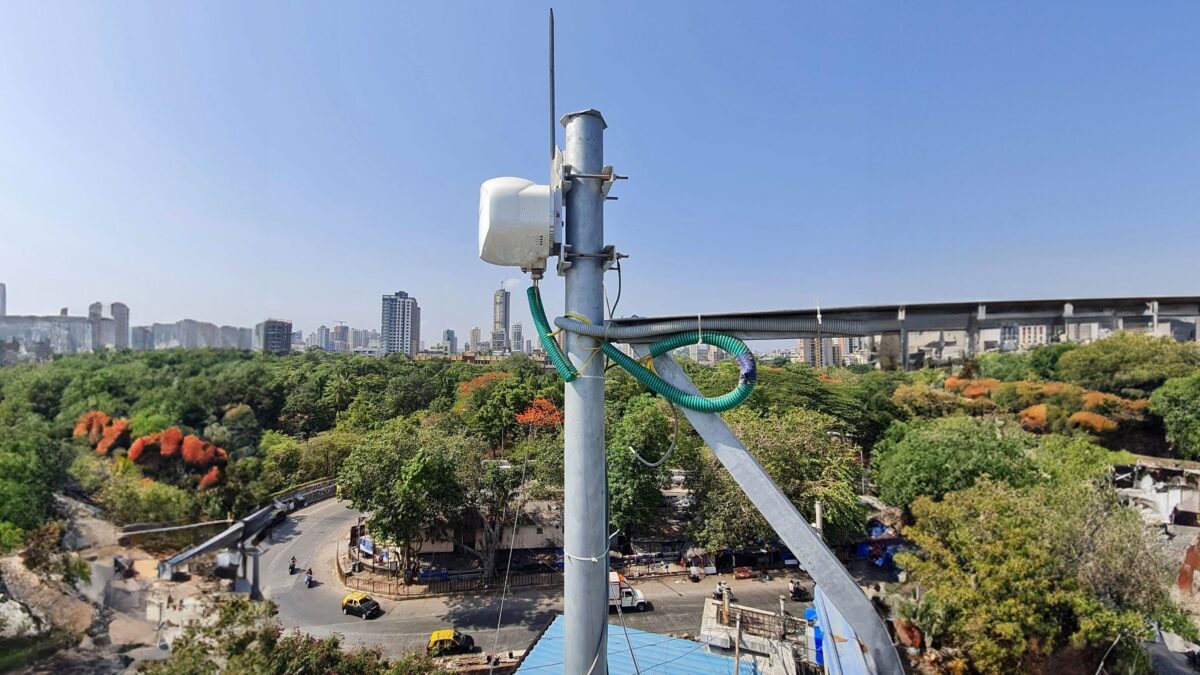
Maintaining data integrity is especially important to the BFSI sector because institutions and their clients demand the highest security and privacy. Through CENTAURI and multihop integrations, Microscan’s BFSI customers can scale their infrastructure and application stack not only quickly but securely, while minimising degeneration of its data integrity.


